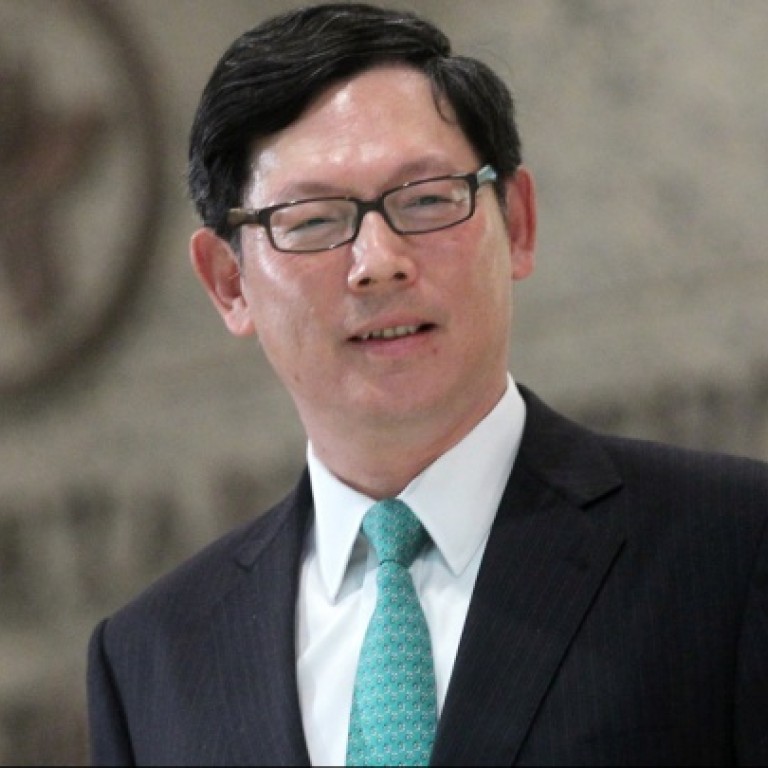
In the race for yuan trade, Hong Kong must raise its game
As more cities fight to host a yuan centre, HK needs to compete to stay in the lead
With so many cities competing to be offshore yuan trading centres, Hong Kong is having a tough job maintaining its leading role.
Yes, it is true Hong Kong has an advantage as the first mover - it was the first city in the world allowed to conduct yuan business. But that advantage will soon be lost.
Few would remember why Hong Kong became the first city involved in the yuan business in early 2004. It came about after an agreement signed between the central banks of Hong Kong and the mainland in November 2003. Back then, Beijing had not yet decided to let the yuan become an international currency. That only occurred in 2009.
The 2003 agreement was in fact part of the Sars recovery measures that mainland officials used to help boost Hong Kong's economy, which was hit hard by the outbreak.
Almost 10 years on, the city's yuan deposit pool has reached 810 billion yuan - the largest pool outside the mainland.
But other cities have been catching up since 2009 when Beijing gradually relaxed rules to encourage international businesses to use the yuan to settle trade, and to invest. Companies use the currency to issue bonds and shares and central banks use it as part of their reserves.
Many overseas leaders have ambitions to be offshore yuan centres. Singapore, Australia, France, Britain and Japan are all competing for the roles.
French President Francois Hollande visited China last week to boost bilateral economic ties. His finance minister Pierre Moscovici has put the yuan high up on his agenda, with the aim of making Paris the European hub of yuan business.
There has been speculation that direct offshore trade settlement was high on Australian Prime Minister Julia Gillard's agenda on her trip to China earlier this month. Beijing is now likely to link its offshore yuan policies with its diplomatic measures.
Hong Kong Monetary Authority chief executive Norman Chan Tak-lam last Thursday announced that Hong Kong would in June introduce the world's first offshore yuan interbank rate, with the city's banks setting the interest rate on interbank loans on a daily basis.
The HKMA will also relax two regulatory requirements to allow banks to use less capital for yuan business and hence encourage them to offer more yuan loans and other products.
Chan told the media that these measures were not aimed at competing with other markets.
There is really no need to deny it, Mr Chan, because Hong Kong has faced a lot of competition pressures in the past. It makes sense for the HKMA to do more to ensure we do not lag behind.

